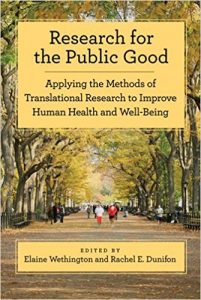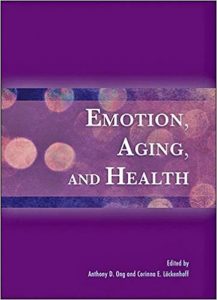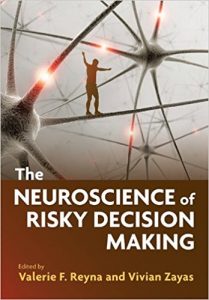Edited by Elaine Wethington and Rachel Dunifon
 Translational research links scientific findings with programs and policies that improve human health and well-being. It includes research that evaluates interventions or policies for efficacy and effectiveness, as well as research that applies field experience to future development of basic theory and its applications.
Translational research links scientific findings with programs and policies that improve human health and well-being. It includes research that evaluates interventions or policies for efficacy and effectiveness, as well as research that applies field experience to future development of basic theory and its applications.
Although translational research has traditionally emphasized biomedical studies with one type of application (i.e., individual-level intervention to treat disease), the concept has expanded to include various sciences and many types of applications.
Social and behavioral sciences now often contribute to public- and individual-level interventions that promote education, disease prevention, health care delivery, health care access, and more. This broader, more inclusive approach to translational research has gained popularity and been promoted by the National Institutes of Health, the Centers for Disease Control, medical centers, and university programs.
This book demonstrates how emerging methods of translational research can be applied to important topics of interest to social and behavioral scientists. Accessible models and real-world case studies are provided to help bridge the gaps among research, policy, and practice.


 Emotion, Aging, and Health (Bronfenbrenner Series on the Ecology of Human Development)
Emotion, Aging, and Health (Bronfenbrenner Series on the Ecology of Human Development) 